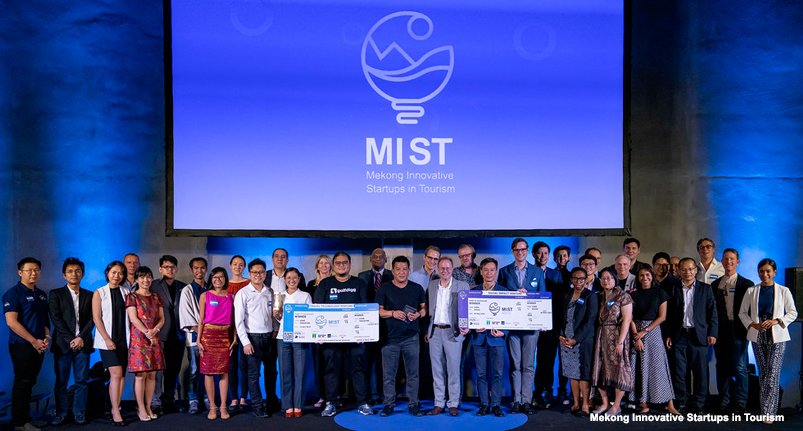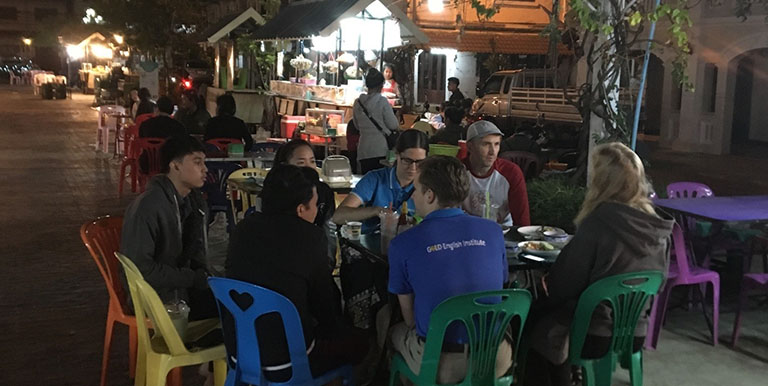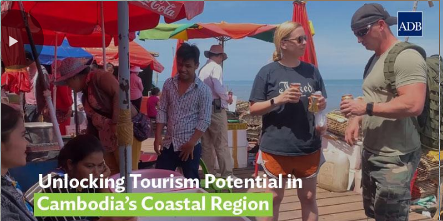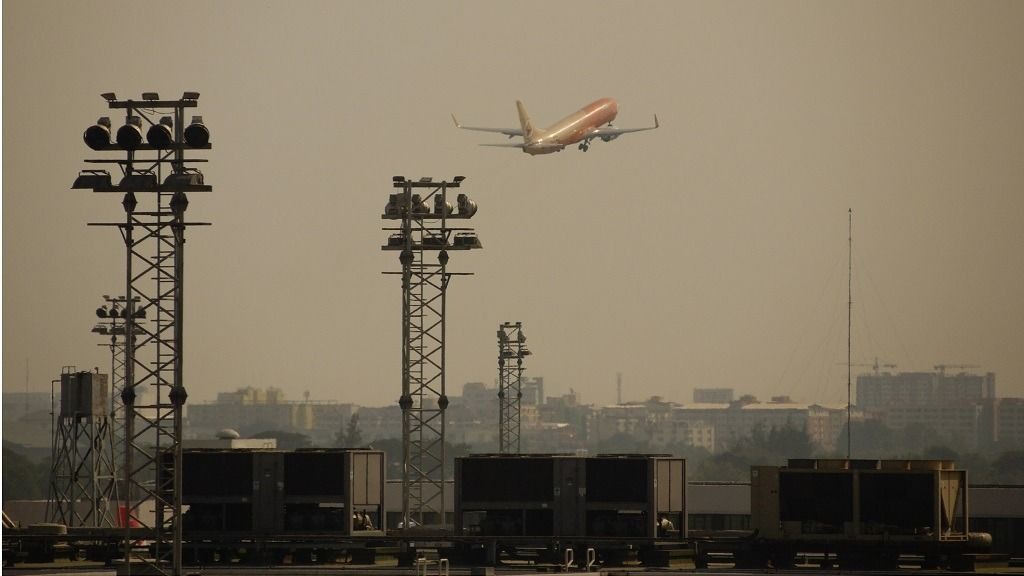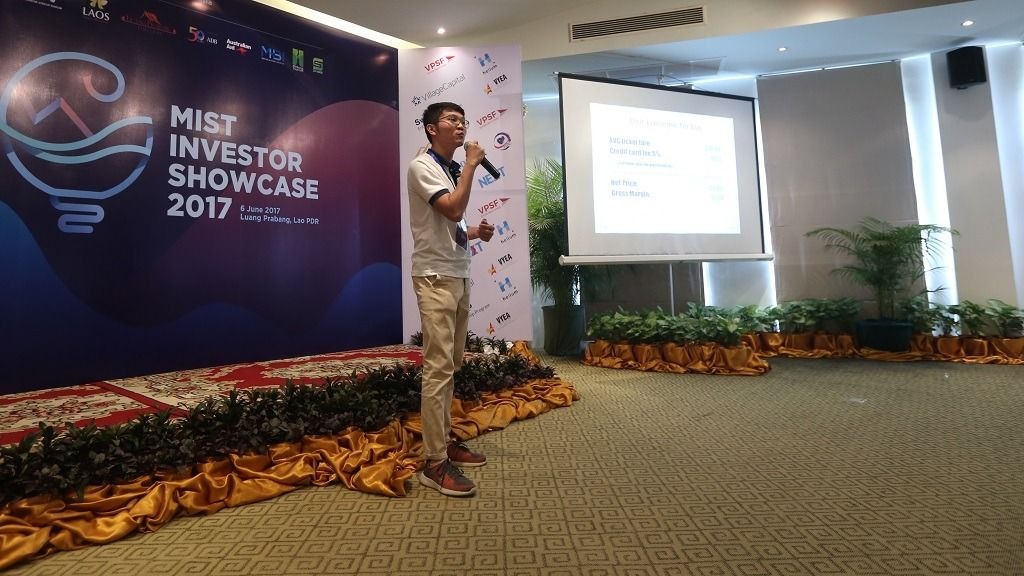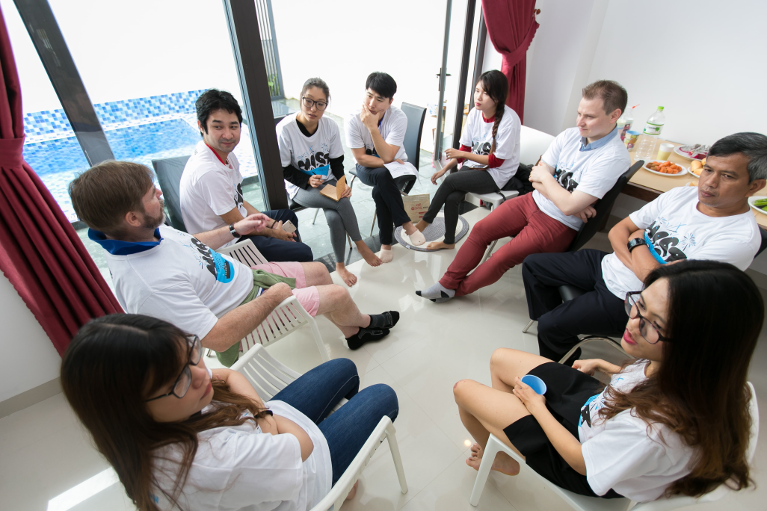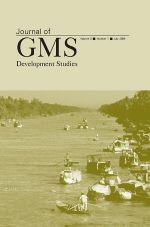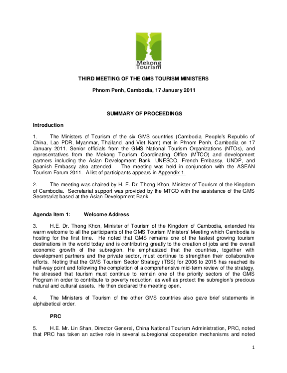GMS Risk Communication Specialists Stress Importance of Regional Approach for Health Emergencies
Risk communication is a critical component of countries’ effective response to health emergencies. This is why it is one of the focus areas of the Asia Pacific Strategy for Emerging Diseases (APSED), the common strategic framework for World Health Organization member countries of the Asia Pacific region to effectively detect, prepare for, and respond to threats posed by emerging infectious diseases. Risk communication helps inform decision making, encourage positive behavior change, and maintain public trust.


